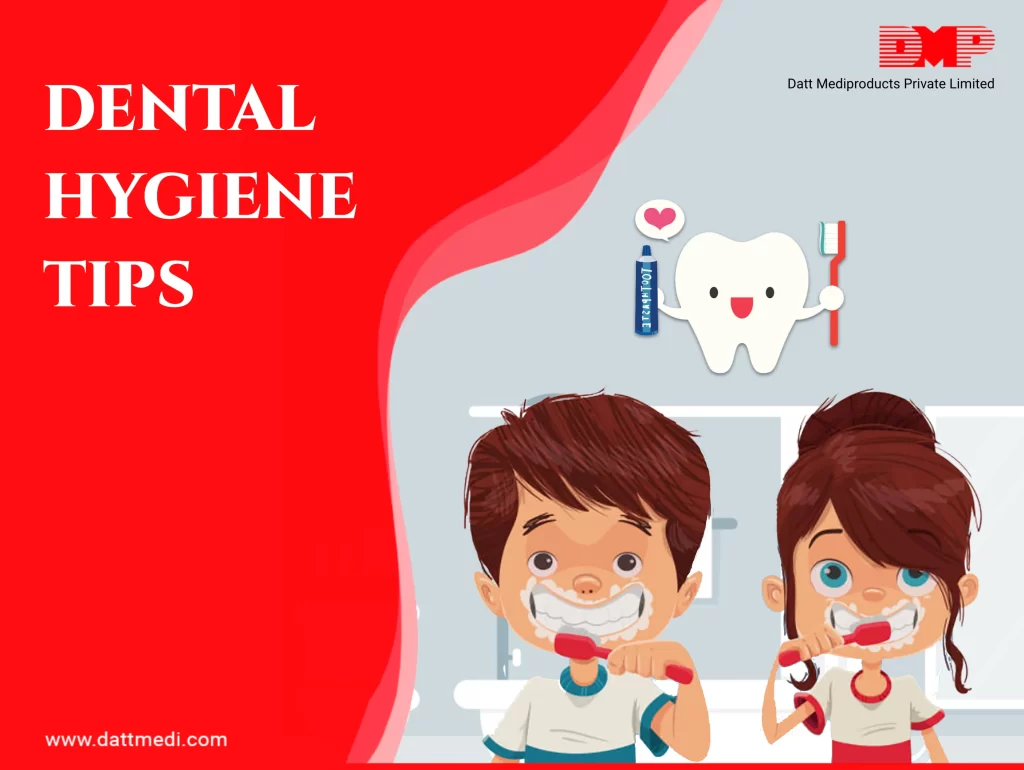
Dental Care is important. Dental health is crucial for general health and well-being. Several bacteria live inside our mouths at any given time that builds up to plaque, causing tooth decay and gingivitis.
There are 3 main dental indications that can affect the quality of life, namely cavities, gum diseases, and severe tooth loss. These can cause pain and infections that may affect eating, speaking, and learning.
Following tips and techniques may help you to protect your teeth and make them stronger for your big beautiful smile.
Brush Enough:
Brush thoroughly twice a day to keep your teeth clean. Brushing not only protects your teeth, but it also removes any food particles or other substances that may cause tooth decay. Brushing for at least 2 minutes, twice daily is recommended by the American Dental Association (ADA).
Follow Proper Brushing Technique:
The ADA recommends following a proper brushing technique by starting to brush at a 45-degree angle to your gums. Follow this by short back and forth strokes covering the sides and tops of your teeth. Now, focus on the backs of your front anterior teeth where plaque builds up often. You can do this by holding the brush vertically and using several shorter strokes.
Floss Properly & Use a Mouthwash:
We all know that both are important but how many of us actually follow the practice of doing. It is important to floss and use a mouthwash once a day to ensure that you protect your teeth in the areas where a brush can’t reach such as the very back of your mouth and in between teeth areas. It is ideal to use a floss of up to 18 inches in length. This allows a fresh area of floss without reinserting bacteria you just removed from your teeth. On the other hand, use mouthwash to get rid of debris, especially from areas where toothbrushes and floss can’t reach, which irritate your gum line and cause gingivitis.
Use a Tongue Scraper:
Add a tongue scraper to your daily routine to not only help get rid of bacteria but also freshens your breath.
Take Care of Your Brush:
A toothbrush should have head and bristles small enough to reach the crevices of your molars properly, which is a space where food debris often hides. It is also important to keep your brush clean. This can be done by simply rinsing it after every use and allowing it to air dry. Covering your toothbrush can actually allow new bacteria to breed into the same and transfer to your mouth. Make sure to change your toothbrush every few months or semiannually.
Look for Fluoride:
Fluoride is your tooth enamel’s best friend as it helps fight bacteria that attack tooth enamel. Add a fluoride-based toothpaste and a mouthwash to your daily dental care routine.
Avoid Snacking:
Stop midnight snacking after you have brushed your teeth unless you do it again. Snacking allows food particles debris and sugar to remain on teeth and acts as a fuel for bacteria to grow.
Apart from the above mentioned dental hygiene tips, Visit Your Dentist Regularly for a dental cleaning and checkup, to properly protect your teeth. You may also choose to limit alcohol use, quit smoking, and tobacco use.




